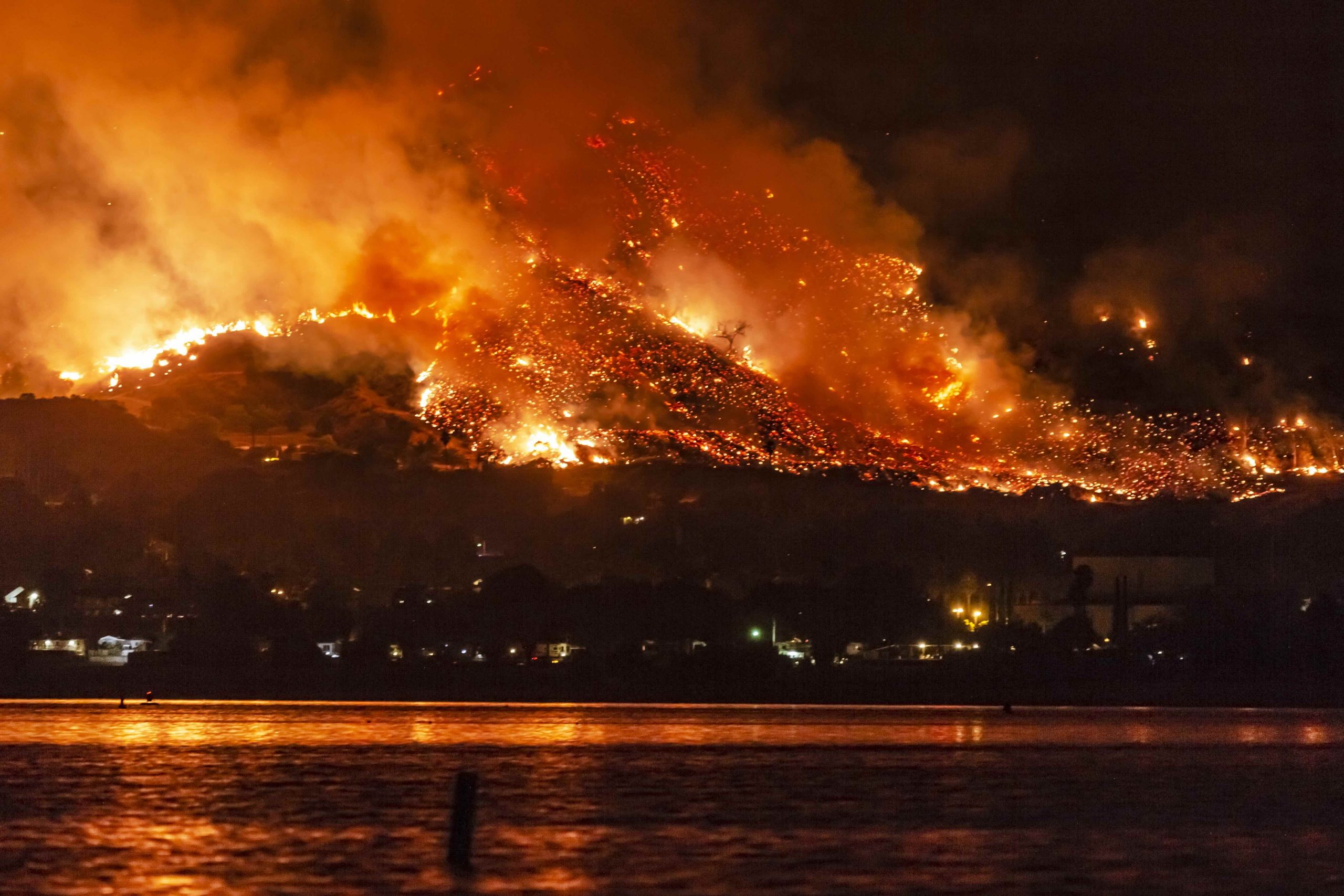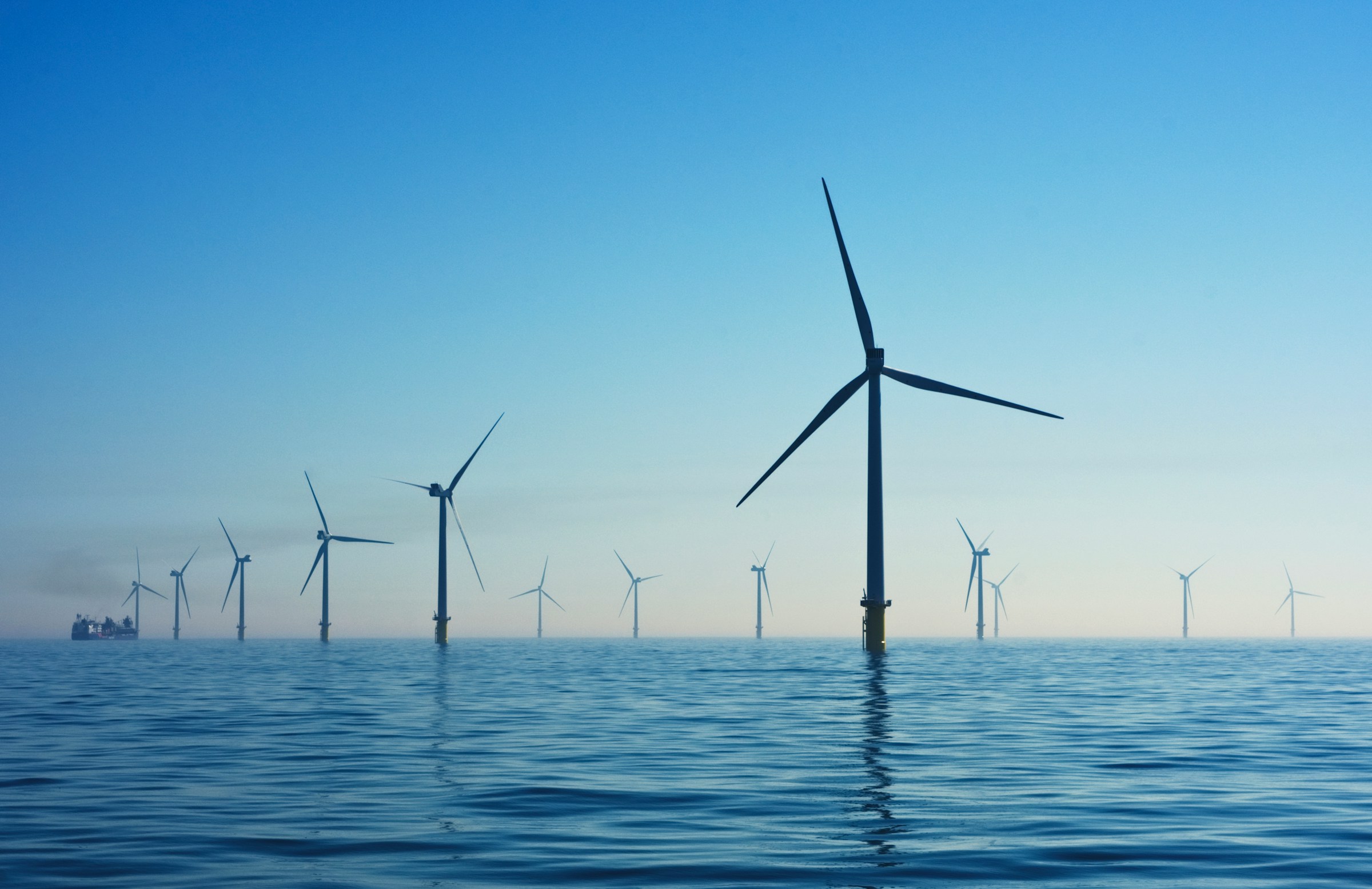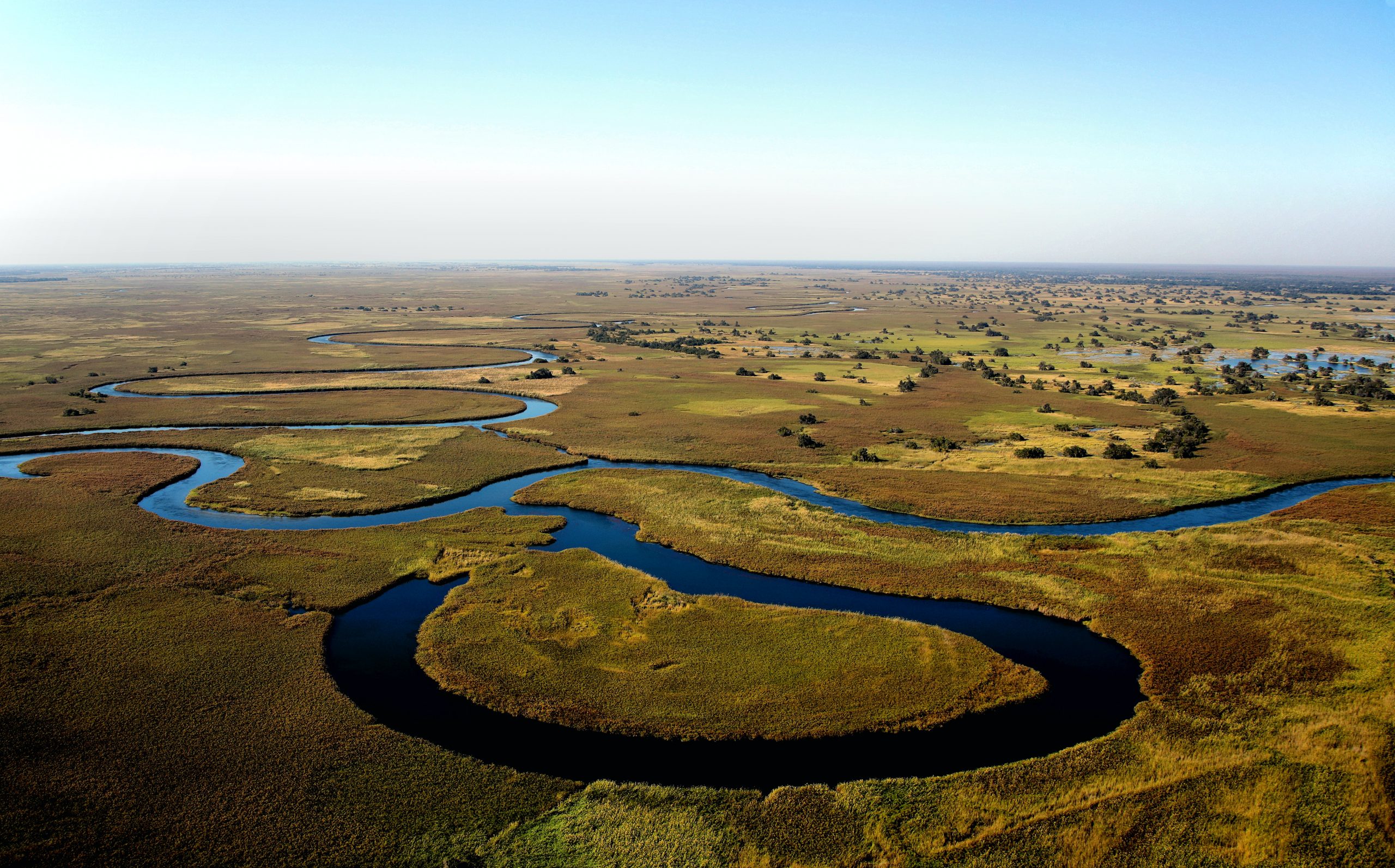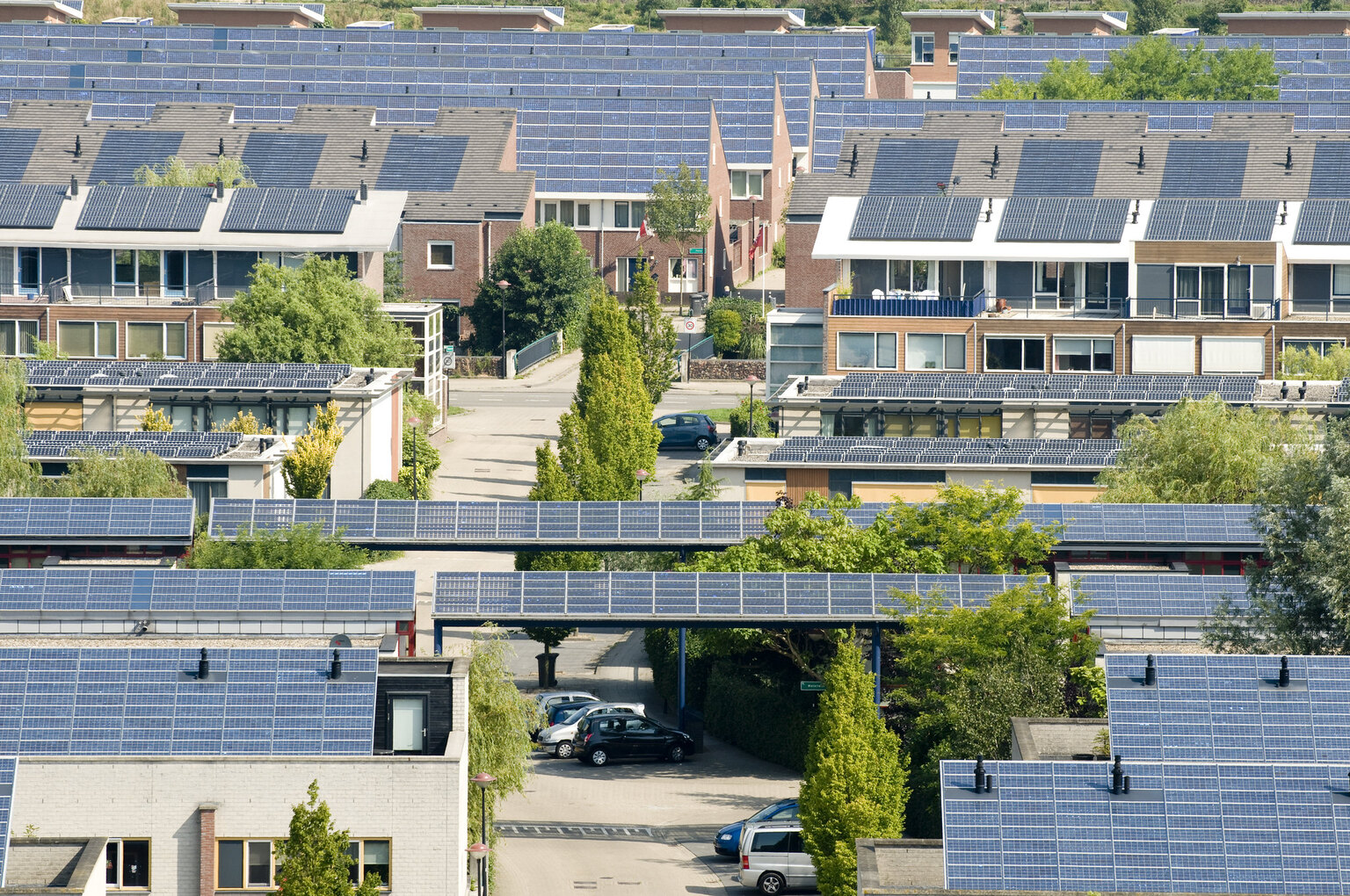A press review of the most significant COP26 news stories from around the world.
Understanding how newspapers around the world are covering the COP26 in Glasgow can help provide a snapshot of how climate issues are treated and perceived globally.
The global press review reveals how, in most countries, newspapers are focusing on the issues that will have the largest immediate impact on the wellbeing of their respective countries or regions. For example, in the Latin American region issues surrounding deforestation and methane emissions (which affects livestock producers) tend to dominate the headlines. In contrast, in countries such as China and Russia, whose respective leaders were criticised for failing to attend negotiations in Glasgow, news article headlines seem to focus on geopolitical factors, emphasising their own environmental achievements versus how other countries, and in particular the USA, are not holding up their ends of the bargain.
Although the global press review cannot be considered a complete summary of how newspapers for each specific region or country are portraying climate issues, it does provide a glimpse of what is going on around the world as leaders come together in Glasgow to try and solve the defining issue of our time.
China
China Daily
China Daily is an English-language daily newspaper owned by the Publicity Department of the Chinese Communist Party. The China Daily’s coverage of the COP26 tends to focus on the role of China in dealing with the climate crisis. Recent articles look at communication between Xi Jinping and Biden on climate issues and how this may help build cooperation on transnational issues in the future. However, it also focuses on how the US exit from the Paris Agreement during the Trump administration, “has cost the world nearly five years in its multilateral process to tackle climate change”.
Other articles focus on the need to tap the potential of technology to address climate change, including solar and wind power, and digitization, whilst also stating that “we are not yet near where we need to be with green innovation. Half of the technologies necessary for helping us reach net-zero carbon emissions by 2050 are still in prototype phases. All told, we need between $78 trillion and $130 trillion of new investment to accelerate this pipeline. The only way to realize the promise of innovation is through deeper collaboration between business and government.”
The People’s Daily
The People’s Daily is the largest newspaper group in China and the official newspaper of the Central Committee of the Chinese Communist Party.
The paper also focuses on the dialogue between China and the US on climate change as well as an article on how a divided US is causing progress on climate change to stall: “Given America’s one-step-forward-two-steps-back climate policy and American states’ entrenched divisions in substantiating those policies, a more rational response is to take Biden’s promise with a grain of salt.”
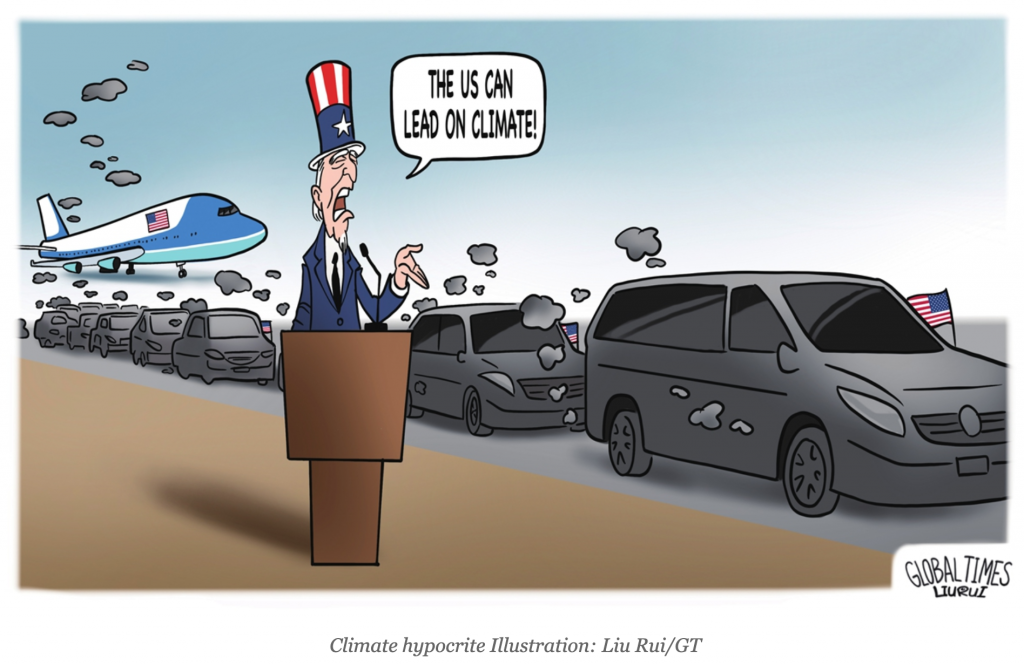
Russia
Rossijskaja Gazeta
Rossiyskaya Gazeta is a Russian newspaper published by the Government of Russia and serves as the official government gazette. The main COP related articles focus on how Russia has been fulfilling its climate commitments in contrast to the United States as well as outlining Russia’s suggestions for carbon accounting: “Our country is ready to offer its own methodology for creating a carbon emissions market to foreign partners at a climate conference in Glasgow, said Ruslan Edelgeriev, First Deputy Head of the Russian delegation, Special Presidential Envoy for Climate Issues.”
Izvestia
Izvestia is a daily broadsheet newspaper in Russia. Recent articles on the COP26 focus on the plight of small island states, and explaining Russia’s position on deforestation and net-zero commitments: “The importance of supporting and increasing the unique resource of Russian forests was announced on November 2 […] the country is committed to achieving carbon neutrality by 2060.”
Other articles look at the criticism levelled by Biden at Putin and Xi Jinping for not attending the COP, “whilst highlighting the hypocrisy of this stance: it is worth noting that unlike the USA, where forests occupy about 30% of the total area, in Russia there are up to 50% of them. And, perhaps, it is necessary to remind Biden that in the Russian Federation the share of coal in the fuel and energy balance is 13%, and in the USA – 20-25%. Moreover, today the United States of America is the largest CO2 emitter. In terms of emissions in 2020, according to BP, America is three times ahead of Russia. Here, perhaps, one can say, there is nothing to brag about.”
United States
The New York Times
Coverage in the New York Times focused on the decision of over “40 countries to end use of coal power” and how “the United States did not agree to stop coal development at home but promised to halt overseas funding of oil, gas and coal”; as well as the 5 main takeaways from the first week of negotiations.
The Washington Post
Day by day coverage by the Washington post offers summaries of what has happened and what to expect as well as a variety of other content with in detail coverage of what is happening in Glasgow with a dedicated COP26 section.
Numerous recent articles focus on youth as particularly as Friday the 5th was the “Youth and public empowerment” day at COP. Other articles looked at a new UN Report which was unveiled Thursday at the COP26 climate summit in Glasgow, which outlines how the “The world doesn’t spend nearly enough preparing for climate disasters”. “Climate change is happening, impacts are increasing now and today, and we’re going to be committed to these growing impacts for the foreseeable future, as long as we can actually imagine,” said Henry Neufeldt, chief editor of the United Nations Environment Program’s Adaptation Gap Report
Australia
The Australian
The Australian, with its Saturday edition, The Weekend Australian, is a broadsheet newspaper published by News Corp Australia and is the only Australian daily newspaper distributed nationally, its readership as of September 2019 of both print and online editions was 2,394,000.
The main article concerning proceedings in Glasgow looks at the Chinese contribution to overall global emissions: “China emits a third of the world’s carbon. Scientists say emissions could reach a new record next year unless China cuts its use of coal.”
Others focus on how “COP26: International Energy Agency’s Fatih Birol backs Australia’s blue hydrogen push. International Energy Agency says blue hydrogen is worth pursuing […] but demand must be increased to reduce costs.” As well as the potential impacts of cutting methane emissions on the livestock industry: “So far 80 countries have signed up to a 30% cut in methane emissions but Meat and Livestock Australia says the industry shouldn’t be unfairly targeted.”
The Australian Financial Review
The Australian Financial Review is an Australian business-focused, daily newspaper covering the current business and economic affairs of Australia and the world. An entire section of the paper is dedicated to the proceedings in Glasgow, with articles addressing issues such as the carbon footprints of different diets, with references to the agreement made in Glasgow to cut methane emissions; how Australia has failed to “stop the Asian Development Bank from enacting a ban on investing in new coal-fired generation, a stance adopted despite its role representing Pacific Island nations that face an existential threat from climate change”; and “The key announcement of the first week of COP26 was the creation of a financial standards board, which will elevate sustainability reporting to the same status as financial reporting.”
Arabian Peninsula and the Middle East
Asharq Al-Awsat
Asharq Al-Awsat is an Arabic international newspaper headquartered in London and is considered one of the oldest and most influential in the region. Their coverage of the COP26 focuses on the need to increase oil and gas consumption to help in the transition away from coal. “US President Joe Biden is pushing for a temporary increase in oil and gas production at the COP26 climate summit in Glasgow, Scotland. While Biden himself has acknowledged that his effort might seem ironic, to some climate activists, it is more than that: It’s hypocritical, especially coming from a president who has pledged to rapidly shift the US economy away from fossil fuels. These criticisms are misguided. An increase in oil and gas production, even over the medium term, is not inconsistent with action to curb climate change — in fact, it is instrumental to its success […] any policy that substitutes gas for coal will help reduce emissions […] When climate policy conflicts with economic growth, economic growth will win every time. Under this theory, efforts to forestall oil production are equally foolhardy.”
#Opinion | More Oil and Gas Now Will Mean Less Coal Later https://t.co/t72dJKjvZ3
— Asharq Al-Awsat English (@aawsat_eng) November 4, 2021
Another article chose to focus on the amount being invested by Saudi Arabia in the green transition: “The Kingdom aims to reach net-zero emissions by 2060 through the carbon circular economy approach by implementing the first set of the Green Saudi initiatives, with investments exceeding 700 billion riyals (USD 186 billion) to chart a more sustainable future in the country.” Going on to outline other Saudi pledges: “wind and solar energy, two sources that will represent 50% of the energy used to produce electricity by 2030. Saudi Arabia will also join the Global Methane Pledge to reduce global emissions by 30% compared to their level in 2020.”
Africa
The Daily Nation (Kenya)
The Daily Nation is the highest circulation Kenyan independent newspaper with 170,000 copies. However, coverage of the COP is virtually inexistent with no articles making direct reference to the meeting in Glasgow.
The Standard (Kenya)
The Standard is one of the largest newspapers in Kenya with a 48% market share. It is the oldest newspaper in the country and is owned by The Standard Group. Their coverage of the COP includes an explanation of what the COP is but little other coverage on daily proceedings.
The Punch (Nigeria)
The Punch is a Nigerian daily newspaper founded in 1971. Their coverage focuses on: “Mexican President Andres Manuel Lopez Obrador Wednesday slammed participants in a major UN climate summit for their “hypocrisy,” accusing them of failing to address the root causes of the crisis and pointing to their use of private jets.” “If we want to protect the environment, we must make decisions, act, and not just talk,” he said, hailing major oil producer Mexico’s decision to invest $1.3 billion a year in reforestation.
The Punch also highlights how Nigerian “President, Major General Muhammadu Buhari (retd.), has pledged that Nigeria would cut its emissions to net zero by 2060.” Focusing on the need for climate finance: “He said greater effort should be channelled towards assisting developing nations to meet their ‘‘Nationally Determined Contributions (NDCs) commitments through the pledges made by the developed countries to provide at least $100 billion yearly.’’ Buhari was also quoted as saying: ‘‘I do not think anyone in Nigeria needs persuading of the need for urgent action on the environment. Desertification in the North, floods in the centre, pollution and erosion on the coast are enough evidence.”
Furthermore, the article looks at the role of Nigeria in the energy transition: “Nigeria is actually more of a gas than an oil-producing country. Consequently, I am requesting for the financing of projects using transition fuels, such as gas. Nigeria has energy challenges for which, we believe, gas can be used to balance a renewable energy-based system, be it wind or sun.”
Buhari declared that Nigeria’s commitment to a just transition is reflected in ‘‘our ambitious Energy Compact, which includes the Government’s flagship project to electrify 5million households and 25 million people using decentralised solar energy solutions.’’
He concluded his address with a note of caution, saying, ‘‘The outcome of this Conference must result in quick resolution of all outstanding issues pertaining to the finalization of the Paris Agreement Rulebook, Adaptation, Mitigation, Finance, Article 6 and Loss and Damage.’’
PICTORIAL: Buhari, Macron, others grace COP26 World Leaders Summit in Scotland https://t.co/XCkMmVIEDy
— Punch Newspapers (@MobilePunch) November 1, 2021
India
The Indian Express
Although no direct reference to the COP26 is found on front-page news there are various articles that look into environmental issues. First and foremost the Indian Express looks at how a India-UK alliance on Green Grids can help boost the transition to clean energy and reports that: “Prime Minister Narendra Modi and UK Prime Minister Boris Johnson have launched a ‘green grids’ initiative—the One Sun One World One Grid (OSOWOG) project—on the sidelines of the COP26 summit. The project aims to connect energy grids across borders to facilitate a faster transition to the use of renewable energy.”
The article then goes on to describe what the alliance is and reports the words of Prime Minister Modi: “If the world has to move to a clean and green future, these interconnected transnational grids are going to be critical solutions.”
The daily newspaper also chose to highlight the top quotes from Prime Minister Modi at the COP including: “When we are increasing our ambitions over climate action, then the world’s ambition over climate finance cannot remain the same as it was during the Paris agreement.” A direct reference to how high-income countries must make true to their climate finance promises if lower-income countries are to step up their ambition.
Finally, The Indian Express also chose to highlight the recent research by the Global Carbon Project which predicts that “emissions were expected to rise by 4.9% compared to last year.” Going on to explain that: “After two days of headline-grabbing statements from world leaders at Glasgow came the grim reminder: the pandemic-induced decrease in carbon dioxide emissions was over, and that CO2 emission this year were expected to return to pre-pandemic levels.” However, the article also cuts an optimistic tone by explaining the achievements made over the first few days of meetings in Glasgow, namely: “The first two days of the ongoing meeting in Glasgow have probably been the most productive opening of any climate meeting ever. India announced a new set of enhanced climate targets, including a pledge to go net-zero by 2070, something that was being demanded by the developed countries. The following day, a large number of countries agreed to a first-of-its-kind pledge to cut methane emissions by 30 per cent by 2030, and also to arrest and reverse deforestation by that same year.”
The Hindu
For The Hindu reporting on the COP revolves around the return to pre-pandemic levels of CO2 emissions, with an emphasis on the role of China in this regression: “The dramatic drop in carbon dioxide emissions from the pandemic lockdown has pretty much disappeared in a puff of coal-fired smoke, much of it from China, a new scientific study found.”
The dramatic drop in carbon dioxide emissions from the pandemic lockdown has pretty much disappeared in a puff of coal-fired smoke, much of it from China, a new scientific study foundhttps://t.co/H0GquXVxbR
— The Hindu (@the_hindu) November 4, 2021
The article also addresses the role of India in increased emissions putting them into comparison with the US and Europe: “Emissions in China were 7% higher in 2021 when compared to 2019, the study said. By comparison, India’s emissions were only 3% higher. In contrast, the United States, the European Union and the rest of the world polluted less this year than in 2019.”
Aside from this, there were no other references to the COP26 if not an opinion article which looks at how Prime Minister Narendra Modi has, over the course of four days, spoken “at the G20 in Rome and COP26 in Glasgow, Scotland, expanding on India’s plans to counter climate change”, which involved “The announcement of India’s new Nationally Determined Contributions (NDCs) and the “Panchamrit” or five goals for the future elicited applause from across the audience.”
However, the article also argues that “When it comes to climate change, India’s ideas would pack more punch if they have a clear road map for the region”.
Finally, The Hindu also chose to highlight the speech made by Youth Ambassador Tamil Nadu, one of the finalists for the Earthshot Prize and winner of the Children’s Climate Prize in November 2021, at COP26 where she was asked by Prince William, Duke of Cambridge, to speak her mind on clean energy at a meeting that discussed clean technology and innovation.
Latin America
Clarín (Argentina)
Clarín, is the largest newspaper in Argentina and the second most circulated in the Spanish-speaking world. Although there are no direct references to the COP26 on the front pages their 5 November daily newsletter opens with a reference to the COP26, highlighting the role that man can play in reining in global warming. There is a reference to the fact that Argentina only contributes to 0.3% of global emissions whilst highlighting how the Argentinian agricultural sector has brought forward new and innovative solutions although the question of methane emissions is a source of concern for livestock producers. However, once again there is an emphasis on the solutions to methane emissions produced by livestock and a call to focus on these and ensure that the industry is a trendsetter in this field. The newsletter also addresses the proposal by Colombia, among other countries, to use environmental services to pay for debt.
The overwhelming focus of articles is on the effects of methane emissions reductions on livestock producers and highlights how Russia, China and India, among the top ten emitters of methane, are not part of the initiative whereas Argentina has subscribed although it remains a voluntary and not legally binding initiative.
El Universal (Mexico)
El Universal is a Mexican newspaper based in Mexico City and their reporting on the COP focuses on the increase in C02 emissions in 2021 compared to previous years and almost reaching the record high of 2019. Furthermore, headlines were taken by news on the agreements concerning methane emissions and deforestation, with Mexico signing both.
Folha de S. Paulo (Brazil)
The Folha de S. Paulo has extensive coverage of the COP26 with a particular focus on the role of the military intervention in managing deforestation and environmental crimes in the Amazon, which was not authorised by Bolsonaro and undertaken by Vice President Mourão.
Mourão anunciou e tratou como existente intervenção militar na Amazônia que Bolsonaro desautorizou https://t.co/UrNv2EJM77
— Folha de S.Paulo (@folha) November 4, 2021
Other articles look at Brazil’s new pledge to go carbon neutral by 2050 with the Senate approving a bill that obliges Brazil to go carbon neutral by 2050 although the text still needs to be voted on in the Chamber. “Brazil is part of the solution to the challenges of climate change”, reads a note signed by the Ministry of the Environment which also highlights how Brazil has agreed to reduce methane emission by 30% compared to 2020 by 2030.
Japan
The Japan Times
The Japan Times is Japan’s largest and oldest English-language daily newspaper. Articles look at the speech of newly elected Prime Minister Kishida in Glasgow, his international political debut: “In the speech at the COP26 World Leaders Summit, he said Japan will provide up to $10 billion in fresh aid over the next five years to help decarbonization in developing countries in Asia.” However, the article also looks at how efforts by Japan have been deemed unsatisfactory and that “Climate Action Network, or CAN, an international nongovernmental organization, at COP26 gave Japan the Fossil of the Day award, granted to a country which the group believes is not enthusiastic about taking measures against global warming.” The award is mainly attributed to the fact that Kishida did not pledge to end coal investments.
Other articles focus on the link between climate change and health crises, as well as the failure of China, India and other big coal users to join the COP26 phase-out deal: “China was responsible for about 54.3% of global coal consumption in 2020, while India used 11.6%, according to BP’s 2021 world energy statistical review. The United States, which also did not join the pledge, consumed 6.1%, the review showed.”

